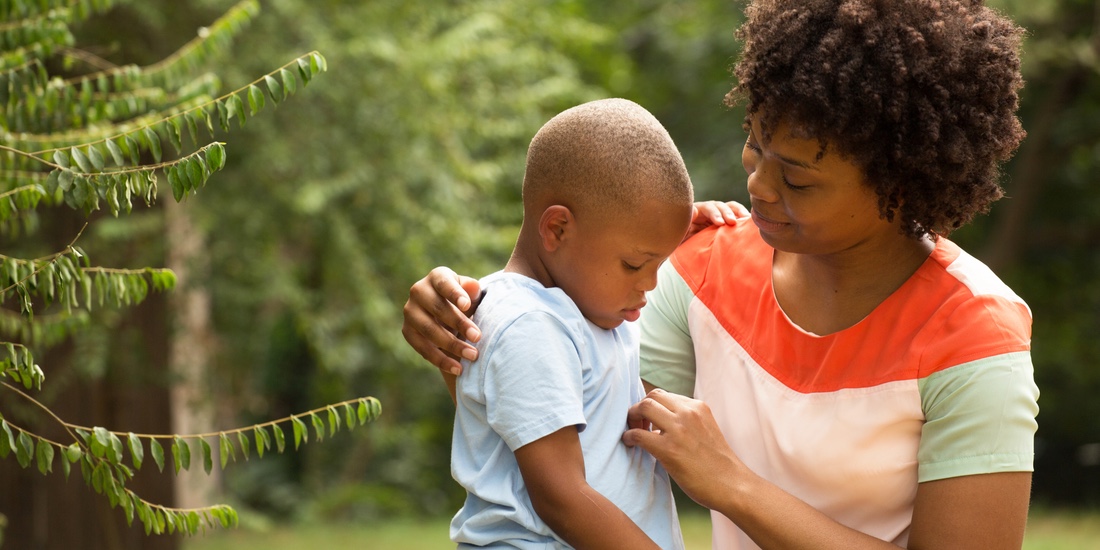-Peggy O’Mara
Learn
Parents and teachers all experience frustrating behavior. And it’s challenging watching your child act out, throw a tantrum, exclude another child, be impulsive or aggressive, use an unpleasant tone of voice, rudely talk back or test limits. But this is all normal behavior for young children. In fact, they’re signals that your child is stretching, growing, questioning and challenging themselves, the people they love and their environment.
Behavior is nothing more than another way of communicating.
As your child grows and matures, the key will be to help your child develop self-knowledge to regulate their own behavior. Self-regulation will help optimize their learning.
Just Remember
- Frustrating behavior from young children is normal.
- A child’s behavior tells us about a problem they are trying to solve, a need they are trying to meet or an emotion they cannot verbalize.
- How we respond influences how our children will react to adversity and hardship as they mature.
Do
The next time your child is experiencing frustrating behavior, take a deep breath, and keep these points in mind.
Core Marbles
- Focus on *your* response, not your child’s behavior
- Be inquisitive, have empathy
- Assume the best and trust
- Assess and act
- Set limits and logical consequences
- Normalize mistakes
- Support and acknowledge
What You Could Do and What You Could Say
| What You Could Do | What You Could Say | |
| (Example – Your child is mad that their friend, John, has said “You can’t play!” so has hit John) | ||
| Focus on *your* response, not your child’s behavior |
|
|
| Be inquisitive, have empathy |
|
|
| Assume the best and trust |
|
|
| Assess and act |
|
|
| Set limits and logical consequences |
|
|
| Normalize mistakes |
|
|
| Support and acknowledge |
|
|
If you’re facing a full-on emotional meltdown, use *SKOR* for quick recall.
P.S. – We love how this reminded us to respond (vs. react). Goes back to our children’s inner voices….
